Harry Potter: Quidditch Champions gives players an in-depth look into all the positions in Quidditch. While the goal of winning is the same for all players, everyone on the pitch has a different role, and none is more valuable than the next. They’ve all got pros and cons, so here are the best positions in Quidditch Champions, ranked.
1. Seeker
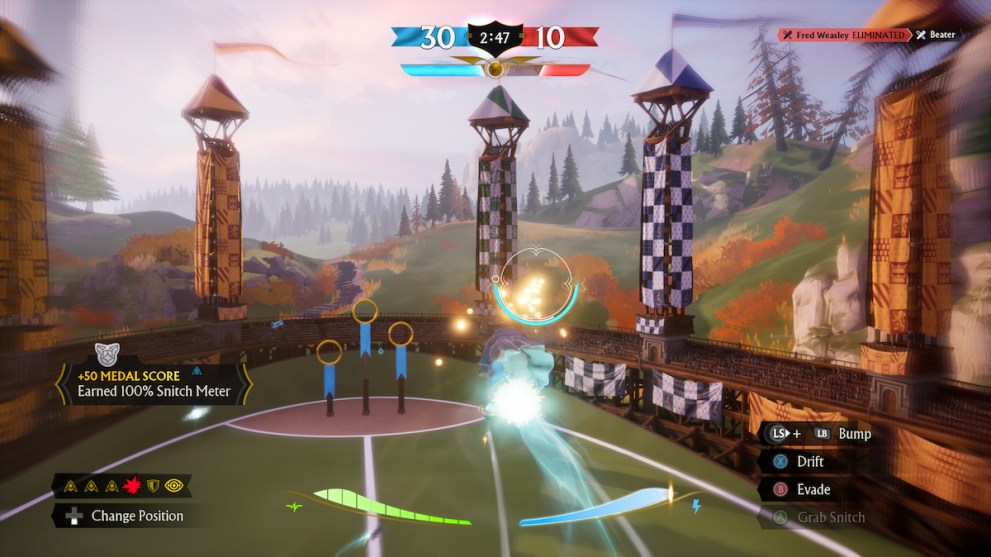
By far the most thrilling position in Quidditch Champions, the Seeker actually is less important than in the books and movies. Rather than catching the Snitch being worth 150 points like in the source material, Champions altered it so it’s worth only 30 points. This makes it so that catching the snitch doesn’t end the game immediately, and it becomes a bit more competitive.
The Seeker is only available when the snitch appears, and you’ll be notified when it’s on the pitch. You can then swap to the Seeker, where you’ll fly through the Snitch rings to gain speed and catch the Snitch before the opposing Seeker. It can be challenging, especially if you’re playing aggressively and want to bump the other Seeker to give yourself the edge.
Part of the reason that the Seeker is at the top of the list is that you can’t play them throughout the whole game. It makes it so that you aren’t spending the game searching and trying to catch the Snitch repeatedly. It adds to the pressure for success while encouraging you to learn the other positions and become more well-rounded. The Seeker is a blast, getting to fly through the fray, dodging bludgers and chasing glory.
2. Chaser
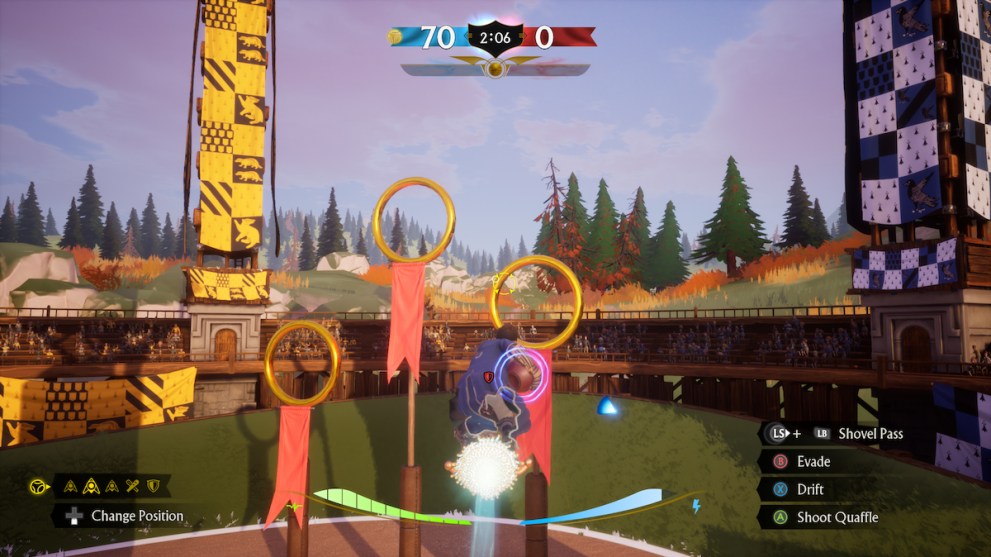
Chasers are the core of a Quidditch game, and there are plenty of ways to play them. You can be aggressive and tackle frequently, or you can focus on passing the quaffle down the field. Scoring points can be tricky depending on who’s defending the goal, but the main challenge is getting the quaffle across the pitch.
Even though a Chaser’s main focus is to follow and carry the quaffle, there’s more to pay attention to. The pitch is filled with both players trying to tackle you and bludgers flying around dealing hefty amounts of damage. Not being able to dodge bludgers or appropriately pass the quaffle means that the job of a Chaser can get tiring quickly.
After playing as a Chaser in Quidditch Champions for a while, the position tends to get old. There comes to be lots of flying back and forth or swapping between different Chasers, which can get disorienting. Being able to focus on the ball makes a huge difference, but even still, it’s common to want to swap to another position just for a breath of fresh air.
3. Beater
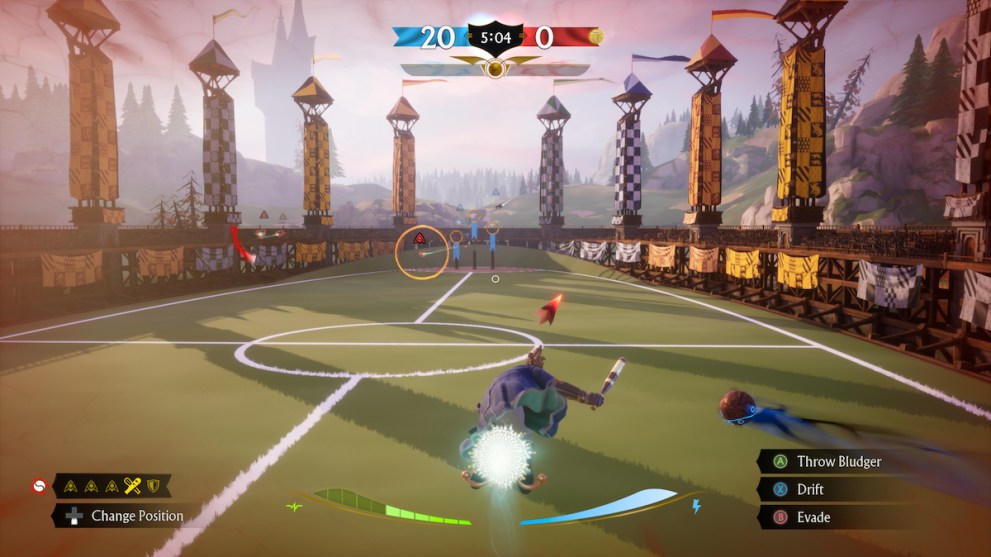
The Beater serves as the support position in Quidditch Champions. Their goal is to fly through the fray and deal damage to other team’s players. They use their bats to direct bludgers at opposing players, but they can also tackle the same as a Chaser. Beaters have to strategically target the right players, making sure to help the Chasers on their team.
The Beaters are responsible for disrupting the other team’s defenses. If an opposing Chaser has the quaffle, the Beater can force them to fumble it with a well-placed bludger. If your team is heading toward the goal, a Beater can target the opposing Keeper and knock them off their broom. This clears the way for the Chasers to score as fast as possible.
Planning who to target makes a world of difference, and not everyone has an eye for it. It’s not helpful to damage a Chaser who’s not near the quaffle. Instead, Beaters should aim for players who are close to making a tackle or already have the ball. Knocking the Keeper off their broom isn’t helpful unless the quaffle is in scoring position, and it can be a waste of a bludger if not used correctly.
4. Keeper
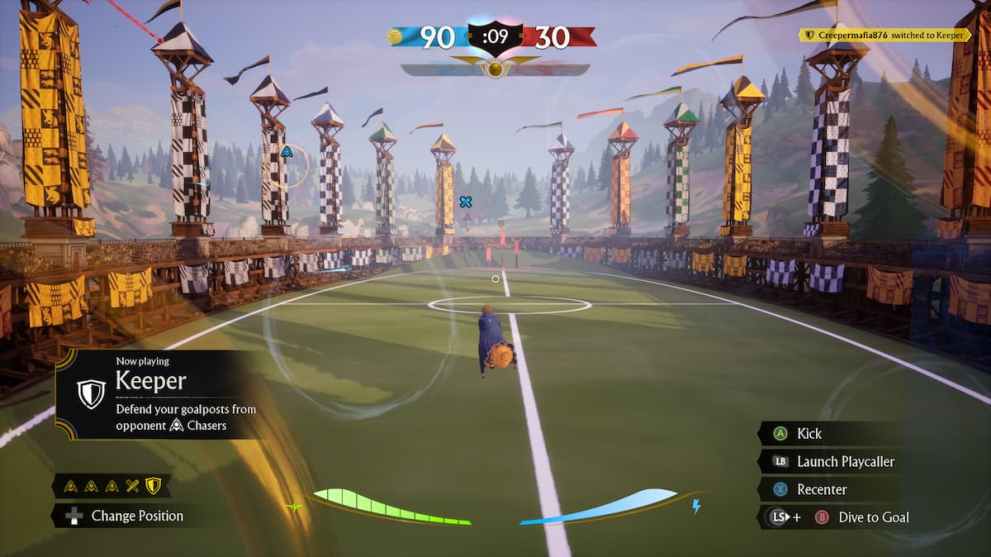
Depending on the team, the Keeper can be the most important position on the pitch or the least important. Keepers guard the goals on the pitch trying to prevent goals, but in Quidditch Champions, they do even more. Not only can you block goals and pass the quaffle back to your Chasers, but you can set up the field so that they have the best advantage to score.
Blocking goals come in two forms: catching the quaffle and kicking it. Kicking the quaffle will launch it back down the field, and you can aim that shot toward some of your teammates. Catching it will simply allow you to pass the quaffle back to a specific Chaser, but you can give them an edge with the Playcaller. This ability lets you place boost rings on the field that can propel any of your Chasers back down the field.
The Playcaller can be used to guide your Chasers down the field in a way that’s ideal for the Keeper. If you place it down the center of the field, the opposing team might be able to steal the quaffle. If the Keeper watches the pitch closely, they can find avenues to place the Playcaller that boosts their team right past the opposition and sets them up in a great position to score. All that makes the Keeper the ultimate support position in the game.
All of the Quidditch Champions positions are valuable in their own right, and no pitch would be complete without any one of them. Which you play is up to you, but swapping between all four can make for some dynamic gameplay with tons of variety. Playing co-op gives players the chance to focus on a single position, while playing solo allows for building the most dynamic skillset for the game.
For more on the game, check out how to invite friends in Harry Potter: Quidditch Champions.



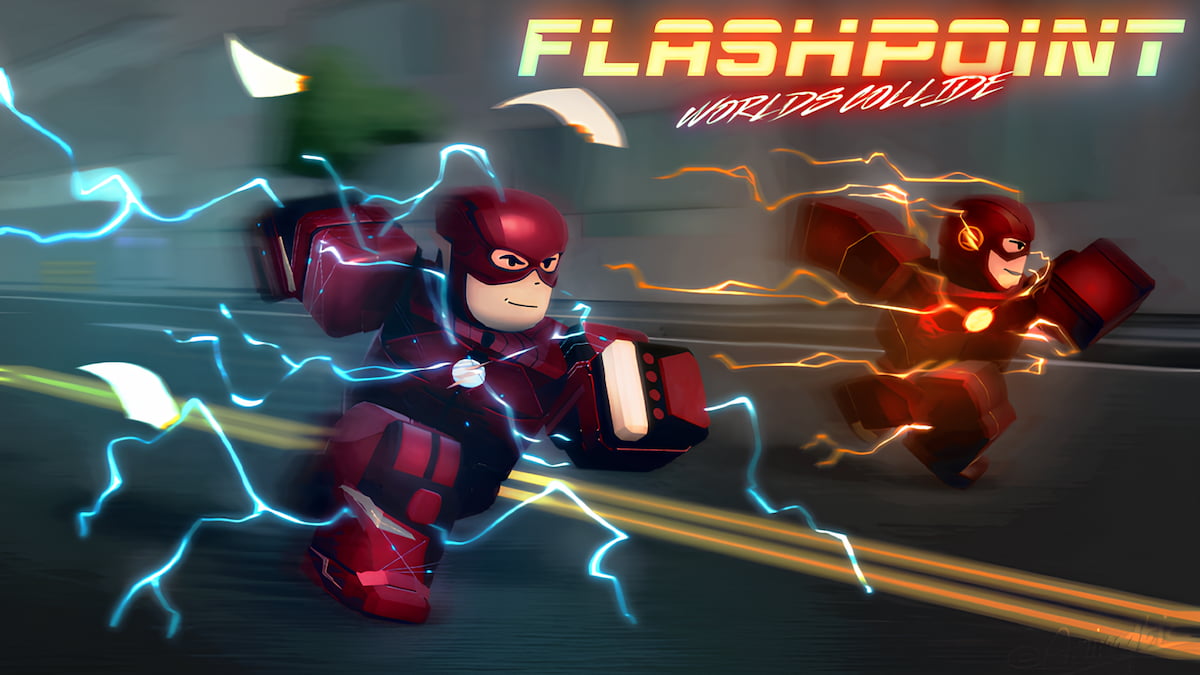
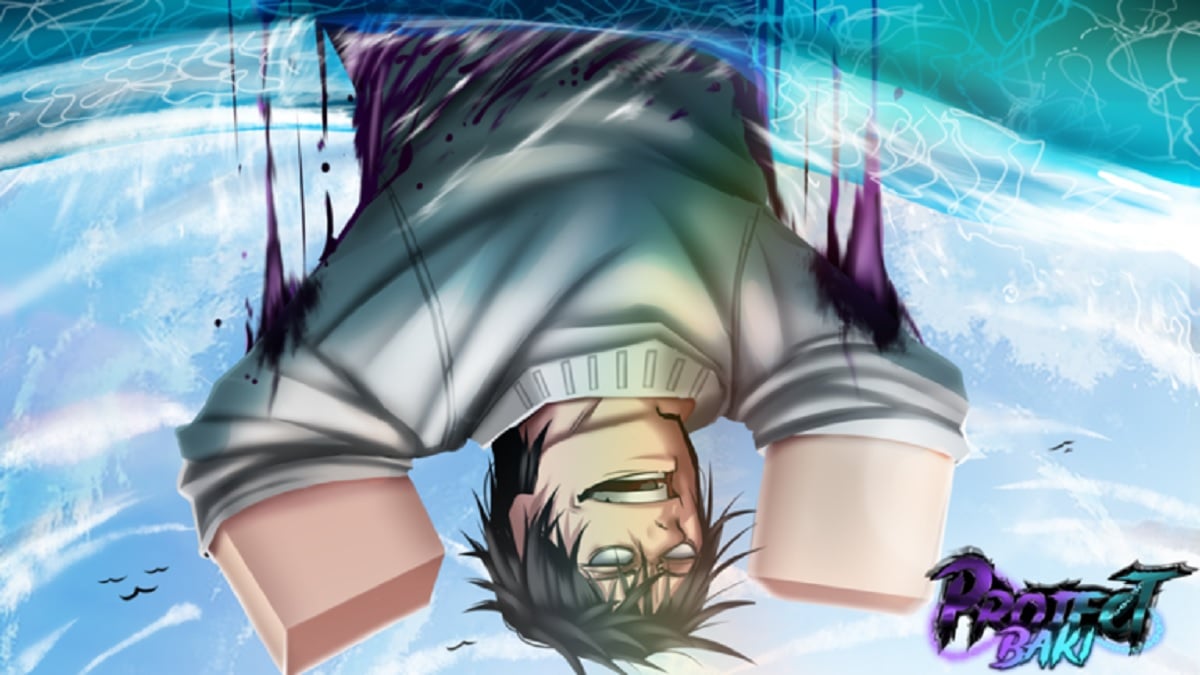
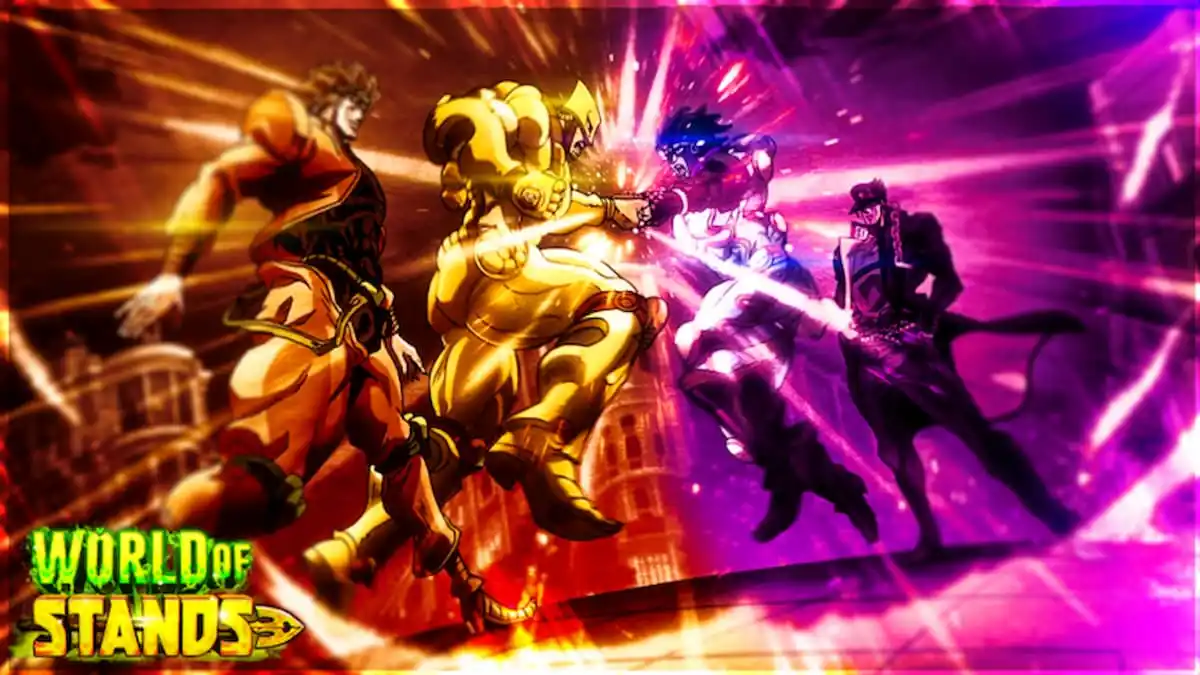
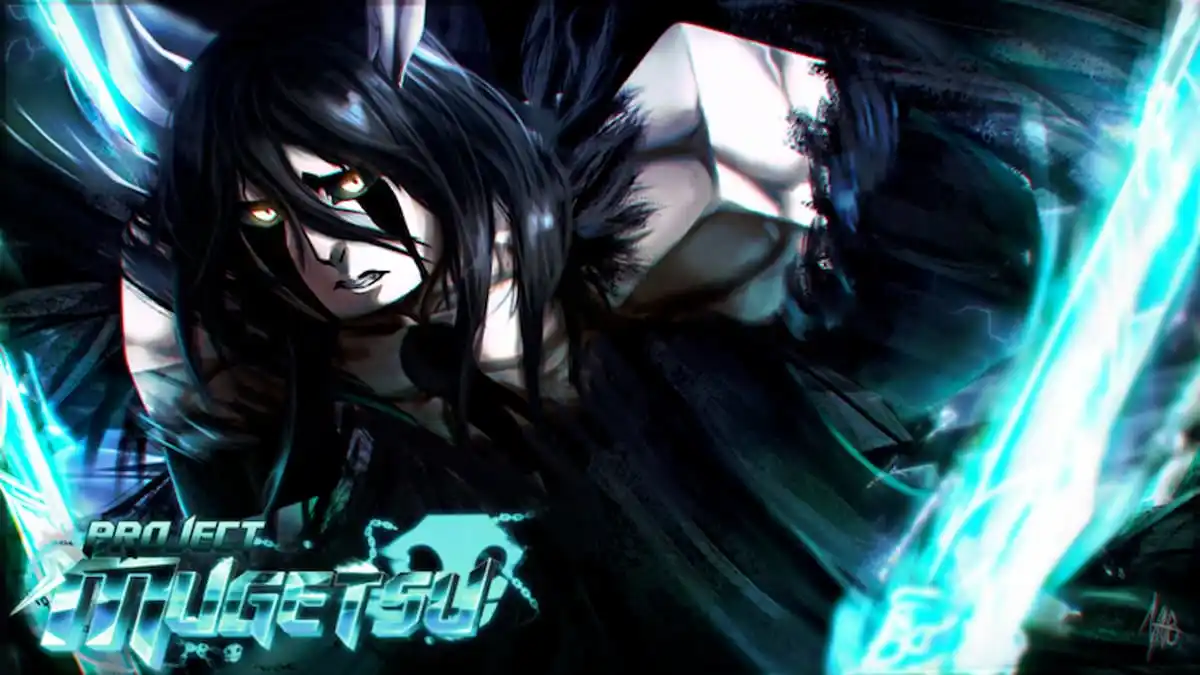




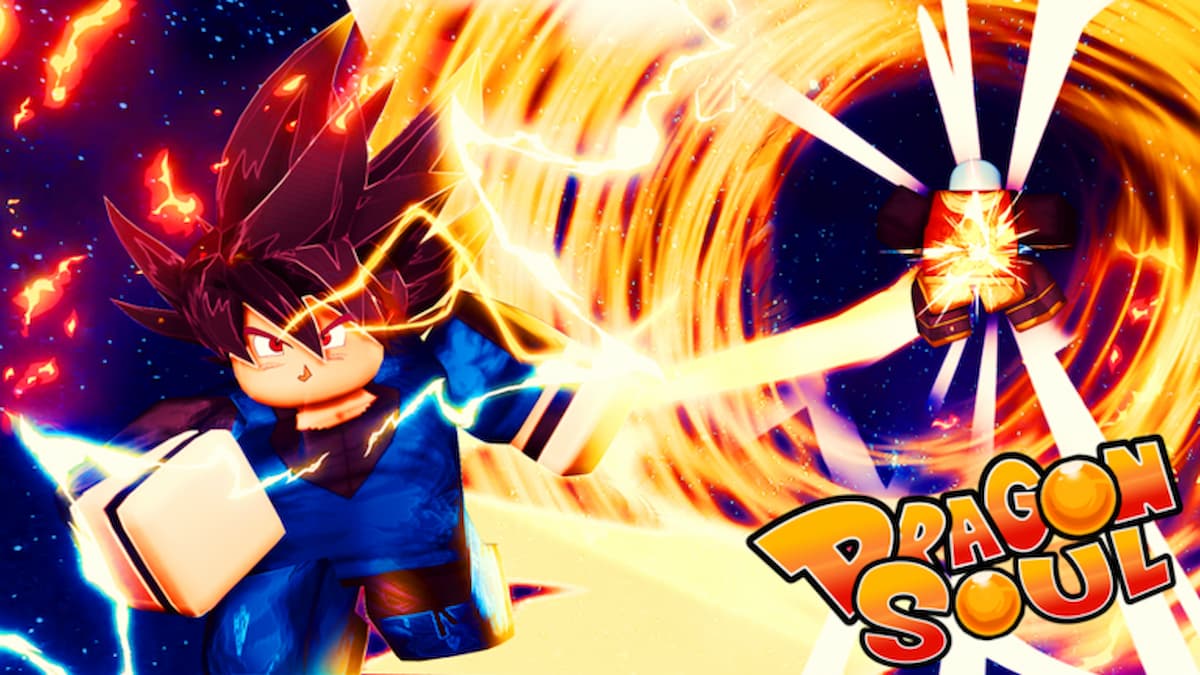
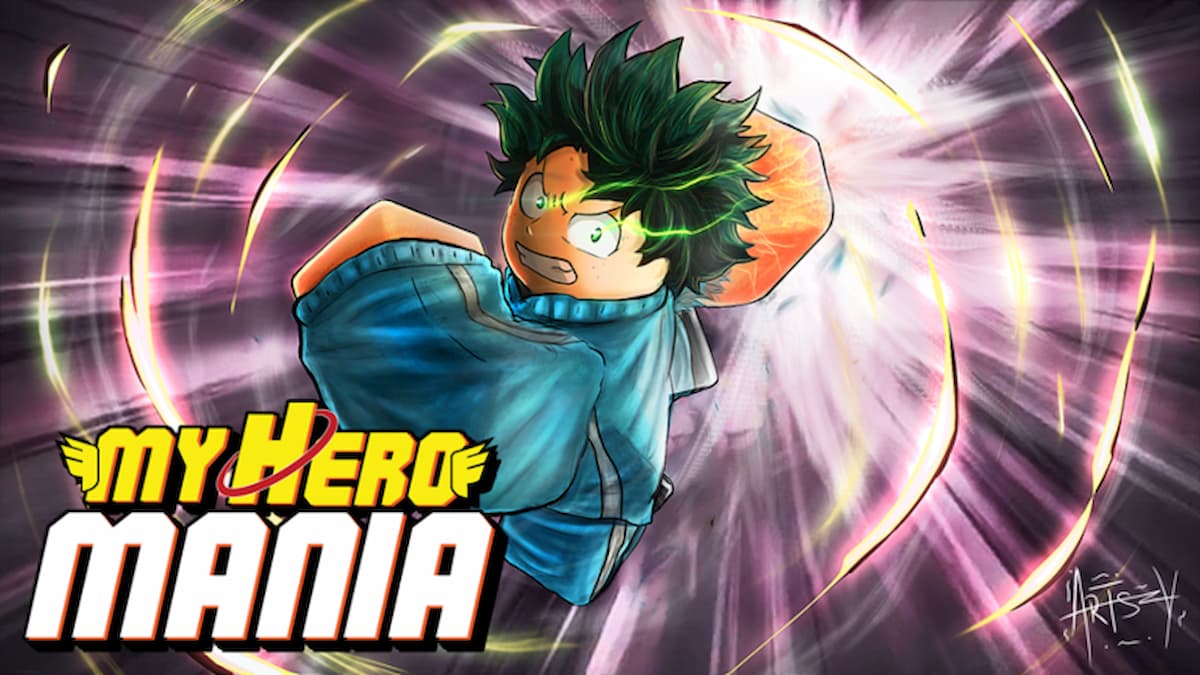

Updated: Sep 4, 2024 04:57 am